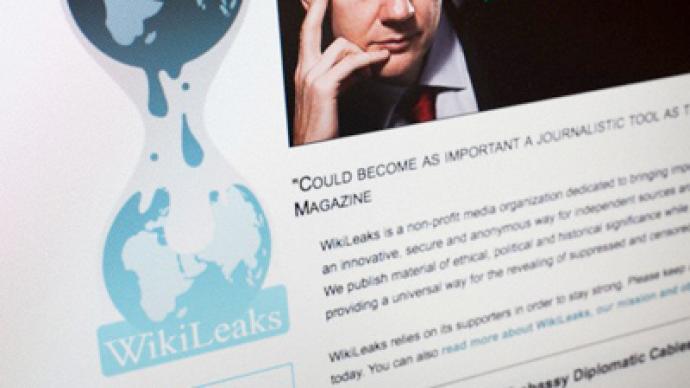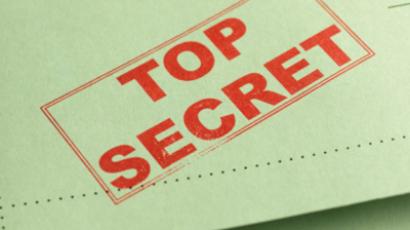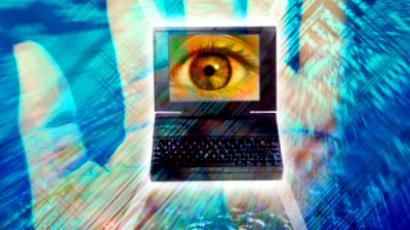WikiLeaks at war

A scandal worthy of being hosted on their own site is erupting between WikiLeaks and some of the biggest newspapers in the world over the distribution of thousands of top-secret files.
When word got out earlier this week that over 250,000 unredacted diplomatic cables leaked from the US State Department had made it to the web, critics were quick to question the security that Julian Assange had in place on his whistleblower site. As rumors circulated in days past that a trove of nearly 2 gigabytes of confidential cables had made its way to the Web, WikiLeaks responded first by denying any breach of security. Now Assange is attacking the Guardian newspaper of London because he says they are responsible for compromising the cables.The Guardian has been slowly leaking the censored, redacted cables since last November, along with a handful of other top-tier news outlets across the world. Assange is insisting now that an encrypted database of files he put in the hands of the Guardian was mishandled and that the paper published the password in a book they printed about WikiLeaks. According to Assange, the Guardian’s actions were along the lines of malice and violated a confidentiality agreement between the two parties. The Guardian is firing back that Assange said the password would expire almost immediately, however, and it is his own fault for not taking care of the protection before it became a problem. “No concerns were expressed when the book was published, and if anyone at WikiLeaks had thought this compromised security, they have had seven months to remove the files,” responds the Guardian. “That they didn’t do so clearly shows the problem was not caused by the Guardian’s book.” The paper does admit that they printed the password but how the location of the files themselves were revealed raises suspicion. Assange had disclosed the location of the file to a former colleague with the German media who left a position at WikiLeaks only to open a competing whistleblower site.In response to the release of the cables, WikILeaks has now officially published them itself, along with a comprehensive search feature that is allowing anyone to quickly peruse the files. Given that names remain without redaction throughout the collection, critics are blasting WikILeaks for what could cause international concerns over security. New York Times editor Bill Keller says WikiLeak’s decision is “irresponsible” and questions if it was a cry for attention from Assange or an action in the name of “an absolutist doctrine of ‘transparency.’” Assange had earlier said that they would expedite the release of files “to get as much of the material as possible into the hands of journalists and human rights lawyers who need it,” but now that the information is available and easily searchable, information on informants and victims of crimes have been exposed to anyone with an Internet connection. A search of the cables, grouped by country of origin, return positive results in over 15,000 files for the phrase “SECRET.” Wired.com writes that there are over 2,000 occurrences of the phrase “strictly protect,” which is commonly used to denote that sources involved must be redacted before publication. The Associated Press has so far found the names of 90 confidential sources, which includes human rights workers. Victims of sex offenses and people persecuted by their government are also singled out. "While it has not been demonstrated that lives have so far been put in danger by these revelations, the repercussions they could have for informants, such as dismissal, physical attacks and other reprisals, cannot be neglected,” responds Reporters Without Borders, a group that has long supported WikIleaks and the freedom of the press. According to Daniel Domscheit-Berg, the former WikiLeaks staffer that was given the files, Assange could have prevented all of this had he made a new password. Instead, reports the Guardian, “He was too lazy to create something new." The Guardian, The New York Times, El Pais, Der Spiegel and Le Monde have all spoken out against Assange’s actions.














